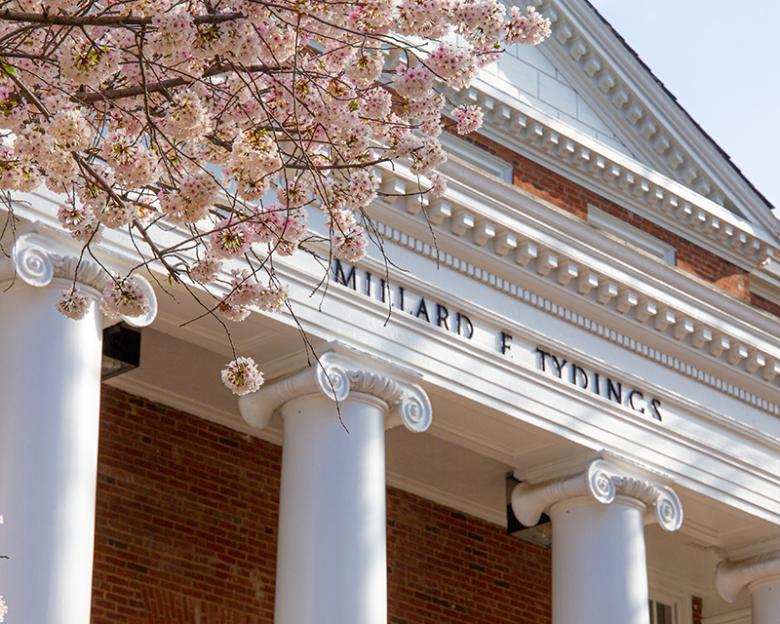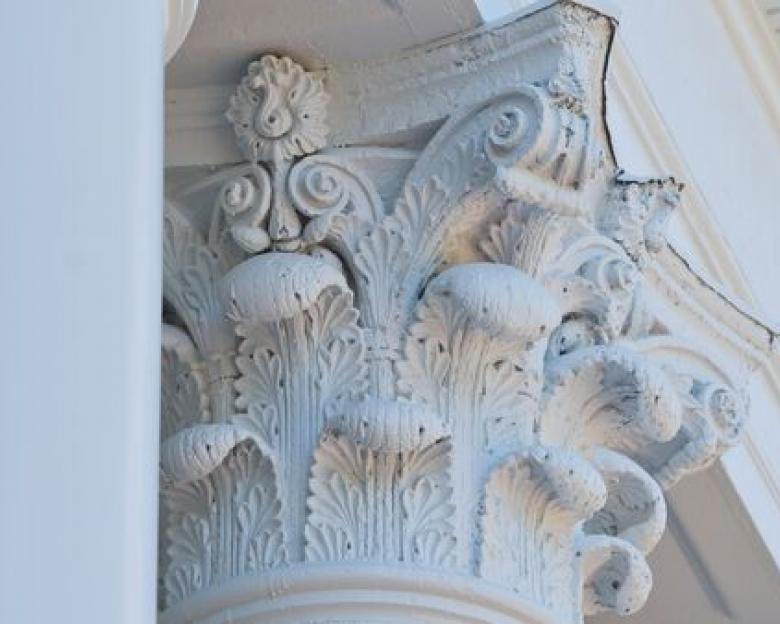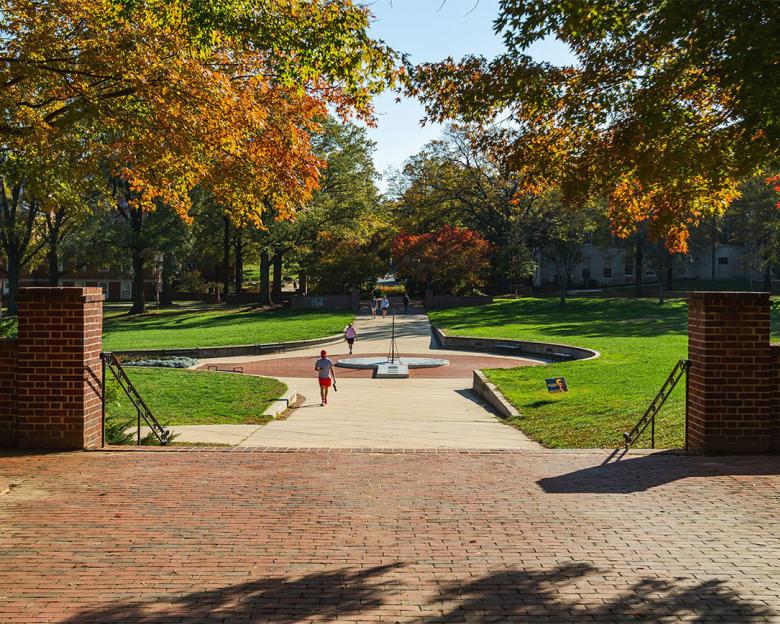In-studio filming of single or multiple subjects against a plain black background; outdoor or on-location filming, subject to review of setting; audio-only recording; large monitor below camera level may serve either as a confidence monitor or as a teleprompter; quiet, private office space with high-quality webcam for Skype sessions; quiet, private office space for telephone interviews; space available for external media interviews—they can bring in supplemental equipment or may use our equipment, subject to approval; full video editing services including the placement of slides, nameplates, text, photos or B-roll video footage into your film.
Happy Holidays from BSOS
On behalf of all of the students, faculty and staff in the College of Behavioral and Social Sciences, Dean Susan Rivera sends holiday greetings, and best wishes for a Happy New Year!





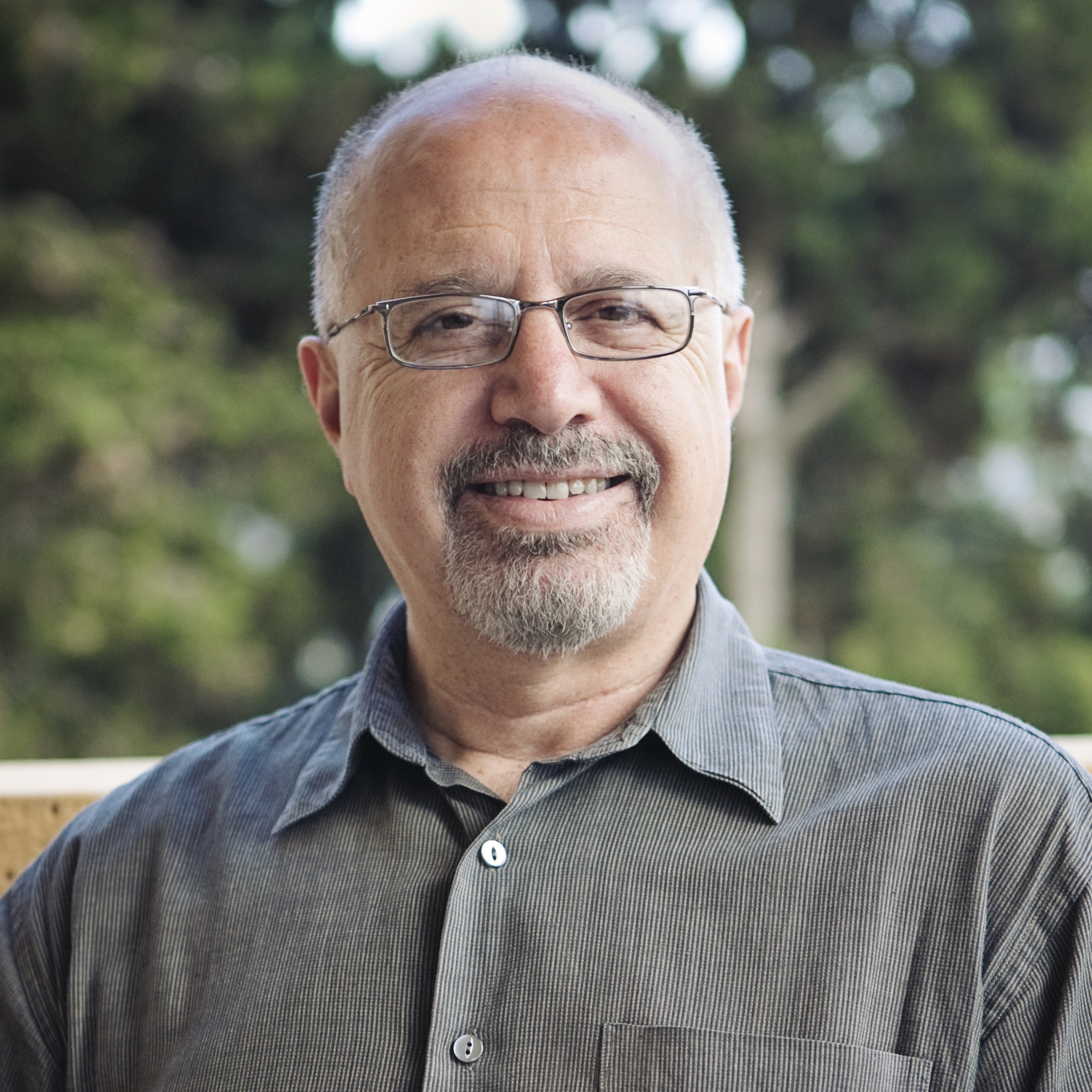
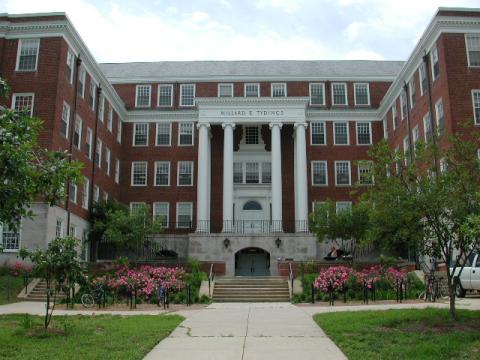
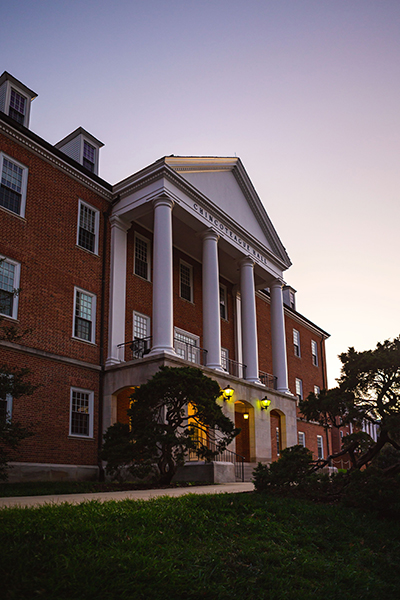 Located in Chincoteague Hall, the BSOS Multimedia Production Studio serves BSOS students, faculty and staff.
Located in Chincoteague Hall, the BSOS Multimedia Production Studio serves BSOS students, faculty and staff.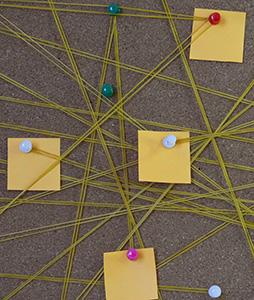
 BSOS Deans
BSOS Deans